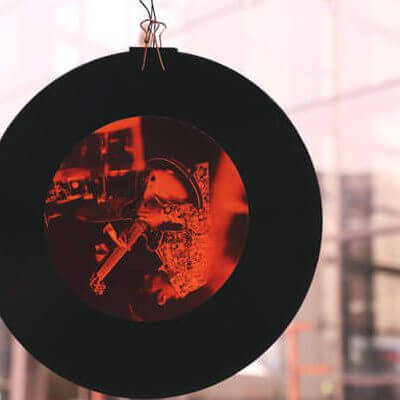“Jazz is a good barometer of freedom,†had said Edward Kennedy “Duke†Ellington*, legendary jazz composer and pianist, who left half a century of music in his trail along with magical, powerful concerts which shook Harlem in the heyday of jazz.
Jazz indeed is the music of freedom. As Ellington saw it, it embodied certain ideals of freedom and independence through which it evolved, and according to him, “the music is so free that many people say it is the only unhampered, unhindered expression of complete freedom yet produced in this countryâ€.
The term jazz, it is said, originated from a slang term jasm in 1860, essentially meaning ‘pep and energy’. It is, at its heart, a music of release with a staggering history of blood, toil, and tears and of freedom, hard won. Think deeply of the America of the 19th century: legions of slaves working for their bread and thinking wistfully of their dignity in the sultry and vast plantations of New Orleans. Think of the music in their souls, think how African-American dreams of freedom improvised and intermingled with mainstream and white American folk traditions: the blues and the Chicago styles, and finally came to fruition as an intense and intoxicating musical genre that we know today. It remains as it was then: music promising hope and freedom, an art form which evokes identity and ekes out a desire to express.
Jazz crosses over and breaks many boundaries: Ellington himself embraced the phrase “beyond category†as a liberating principle, and referred to his music as “American Musicâ€, rather than be constrained by a category. The idea of jazz and indeed perhaps of music and art is to liberate. To be free of prejudice in thought and action, to be allowed to be oneself, to shake off the shackles of defined roles: is there a greater peace than that?
Jazz India Circuit lives and breathes the idea of discovery and rediscovery through liberation – that tantalizing promise of hope when one seeks expression as an individual. In every context of humanity’s history, freedom has been and remains the most definitive quest. For a lot of us, jazz lets us discover ourselves, look deep within and articulate without stumbling. Yes, jazz is freedom!
* Ellington wrote over 1,000 compositions. In the words of Bob Blumenthal of The Boston Globe “In the century since his birth, there has been no greater composer, American or otherwise, than Edward Kennedy Ellington.â€


Leave a reply